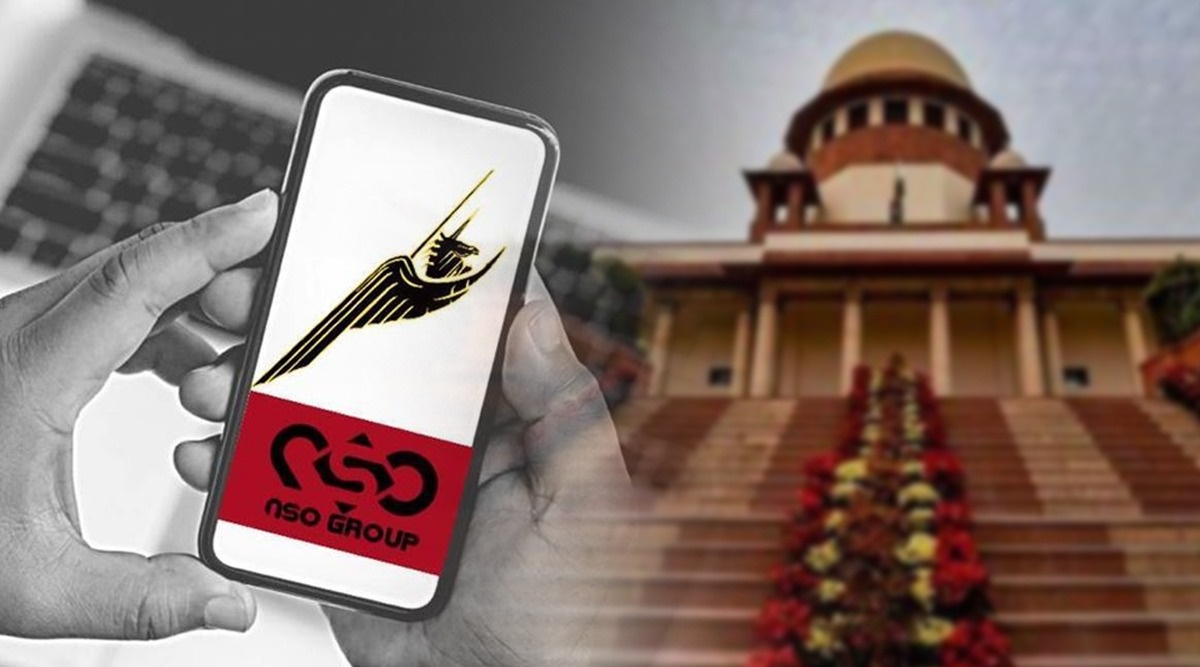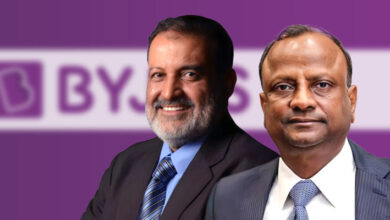Supreme Court has set the Pegasus panel- why did we need one? How would it work?

Supreme Court has set the Pegasus panel- why did we need one? How would it work?
Pegasus: We all are witnesses of the progress that the world has made in technologies. Anything which once felt impossible is currently being done every single day. A few decades ago, there were no mobile phones, and only a very few had that big telephone lines, which were not that good too. We use computers and laptops every single day, but at that time there were very few computers which were big and slow.
A lot of work which was done manually before is now done with the help of machines. Undoubtedly, this has helped save time and money, but everything is not as fancy as it seems. Like a coin has two sides, everything in this world has a good and a wrong side, and so is the case with the technological progress that we have made. Technological advancement has undoubtedly helped in making everything quicker and more accessible, with new software and hardware getting introduced every single day.
However, with this tremendous progress, we have to settle with many problems, including the loss of privacy too. There is much software operating currently which can access all the data in your mobile phone or computers in a single click. Scary, right? One such software, or we can say spyware, is Pegasus. There were many allegations that the spyware was used for potential surveillance of the mobile phones, and therefore a panel was introduced for it. In this article, we will discuss why the panel was needed and its action plan.
Pegasus spyware
Pegasus is a well-known spyware that was developed by the Israeli cyber arms firm NSO group. The spyware can be covertly installed on any mobile phone which is running on any of the two operating systems – Android or IOS. The 2021 Pegasus revelations provided that the spyware is capable of exploiting all the IOS versions up to IOS 14.6.

To look into the matter of who is procuring the spyware, the Supreme court ordered a probe on the 27th of October ordered an investigation which will be headed by the former judge of the Supreme court, R V Raveendran. The panel will look into the matter of allegations of unauthorized surveillance of mobile phones by using the Israeli-built spyware Pegasus.
Talking about the terms of reference, the court has set up seven terms of respect for the committee set up to look into the matter. These seven terms are essentially some facts that need to be ascertained to make conclusions about the issue.
These seven terms of reference for Pegasus range from who procured the spyware and whether the petitioners involved in the case were actually targeted by the use of the software. Further, what are the laws that justify the use of such spyware against the citizens of the country.
Further, the court has also ordered the committee to make legal recommendations on a legal policy framework on the topic of cyber security. This is done in order to ensure that the complete privacy of its citizens is ensured. Further, eight weeks are given to the committee to submit its reports in court.
You would probably be wondering why there was a need for a committee? Well, we have the answer for you.
In every case which seeks enforcement of fundamental rights, the decision is purely based on facts. Moreover, most of the time, when the facts are disputed and unknown, courts set up committees to look after the facts. In this way, the committee acts as the agent of the court and presents all the facts in front of them in order to help them in coming to a conclusion. What are the responsibilities of these committees? Well, these committees have the authority to summon any individual, prepare the ground reports and then inform the court about it.
Speaking about the government, it has rejected the global media coverage into the investigation of Pegasus. However, it has not provided any facts in the matter that would help in coming to a conclusion. It should be kept in mind that the case is very complicated and sensitive. It involves technical questions along with extensive fact-checking for the court in order to find out and conclude whether any of the fundamental laws were violated and therefore pass suitable order which would define the further action.
What is the government’s take on this?
The government has not been much responsive in this case. The government has reportedly said that since this case is a matter of national security, therefore they will not be willing to file any further affidavit in this case. However, they will be willing to discuss and disclose all the information they have before a committee of technical experts, thereby helping them get their facts.
But the problem is that the government has decided to appoint the committee of technical experts itself, which the court has not allowed. The court said that such an action plan taken by the government would be against the settled judicial principle against bias. Further, the court concluded that justice should not only be done but should also be seen that justice is done. Therefore, the court was opposing the take of the government to appoint its own committee of technical experts.
However, the new committee headed by Justice Raveendran is now fully able to seek the government‘s response afresh. But there is one more problem. Oftentimes, the probe committees, which are set up by courts into government excesses, such as the committee of extrajudicial killing, have to face severe non cooperation from the government. This hampers their progress, and the work becomes more difficult for them.
To overcome this problem, these committees often take the help of parties in the opposition as well as the stakeholders to ascertain the information and carry their work. Similar is the case with the current panel led by justice Raveendran. The current panel set up by the court has been empowered to assist by any retired officer, legal expert, or technical expert. This will definitely help the panel by providing them with the needed information and facts and therefore making their progress quicker.
One similar panel was also established a few months back. Let us talk about that too.
The West Bengal Panel
In the month of July 2021, the West Bengal government set up a commission of inquiry similar to the current one. The commission comprised of many big names, including former Supreme Court Justice Madan B Lokur as well as former Kolkata High Court justice Jyotirmay Bhattacharya. The committee was set up to look into the same allegations on which the current committee is investigating.
As of now, even though the Supreme court has not stayed this probe on the West Bengal committee, the West Bengal has announced that they will pause the operations of the committee, which is completely voluntary. Moreover, they have announced that nothing will happen until the supreme court hears the batch of PILs on Pegasus. The matter is very big and requires utmost attention and complete information for the supreme court to come to a conclusion whether the Pegasus violated the fundamental rights of any individual person or not, and therefore the only way to move ahead in any of the two directions is after the judgment.




